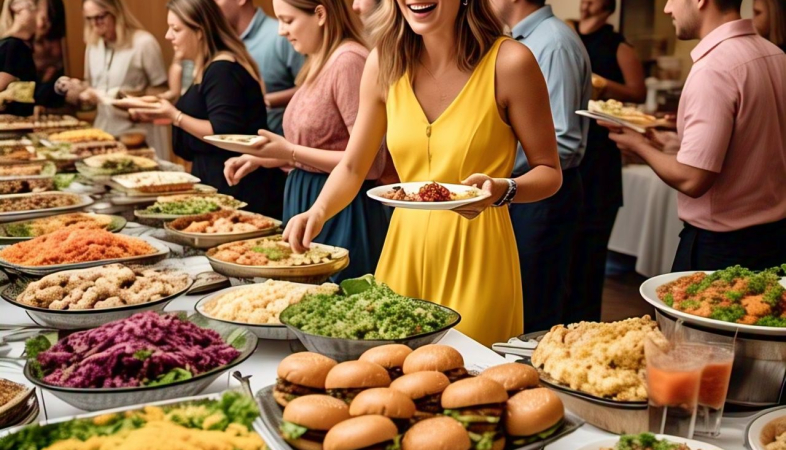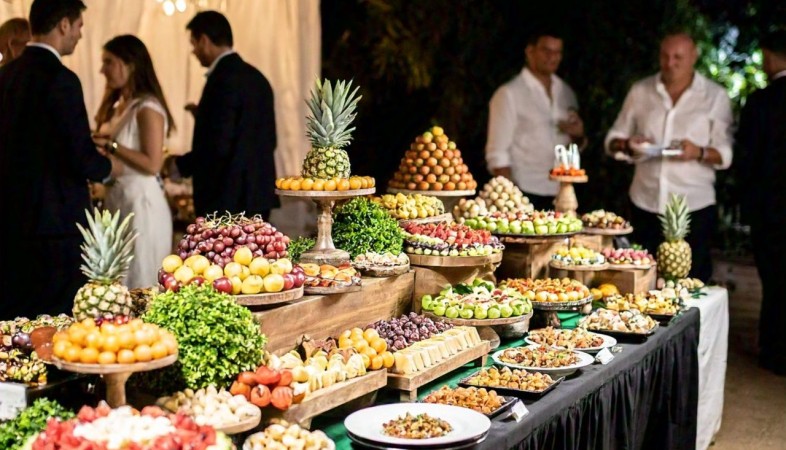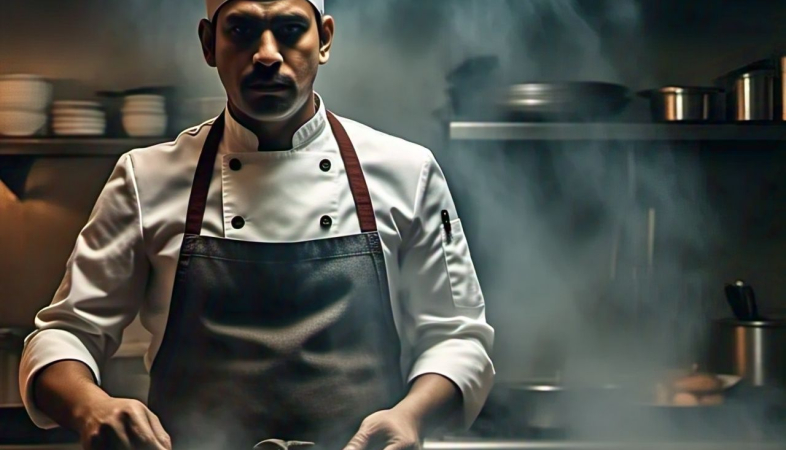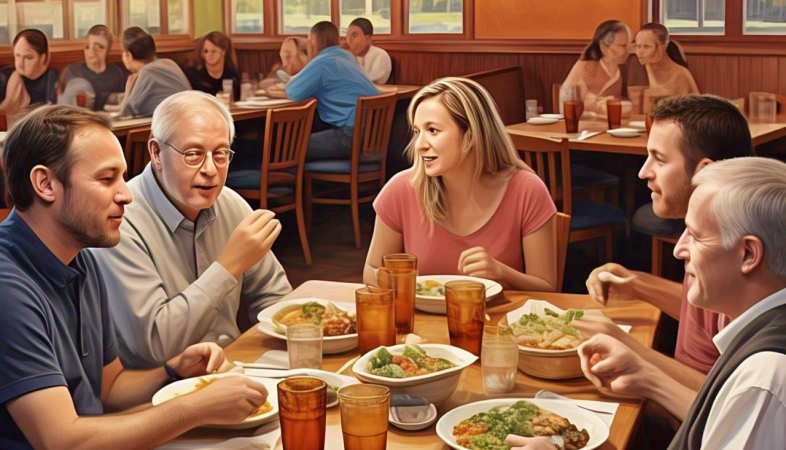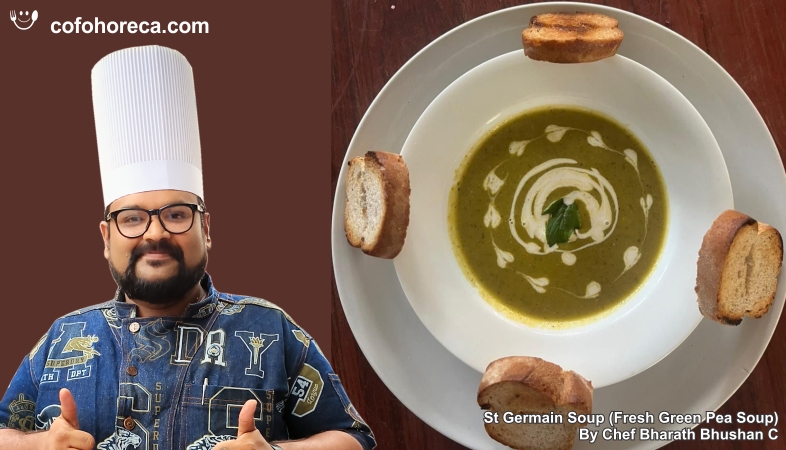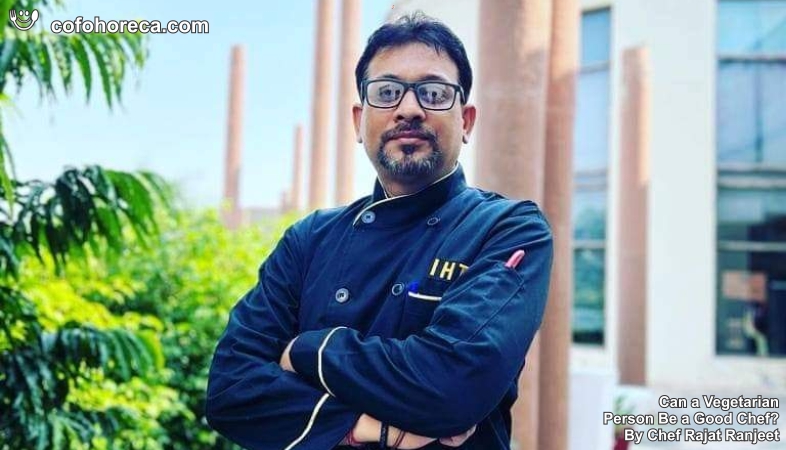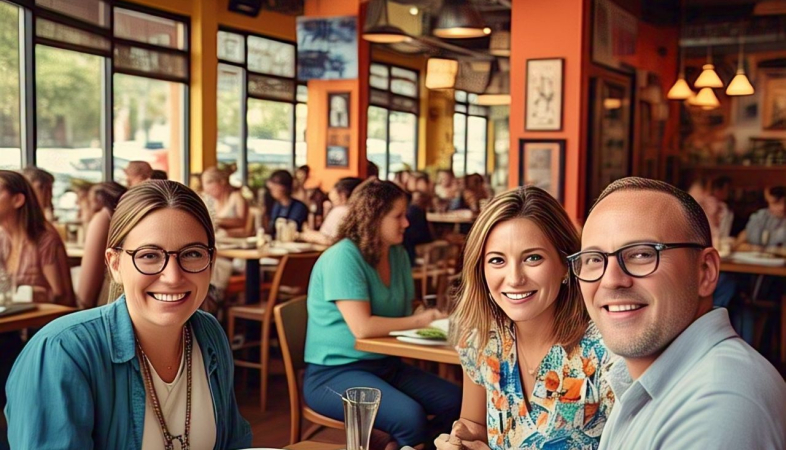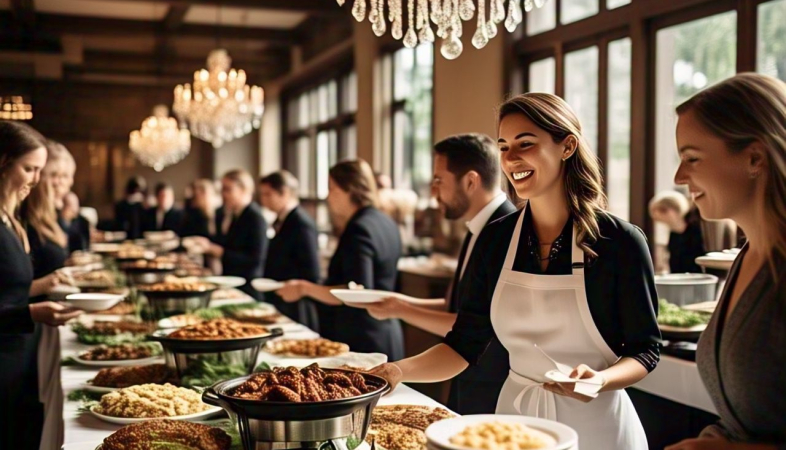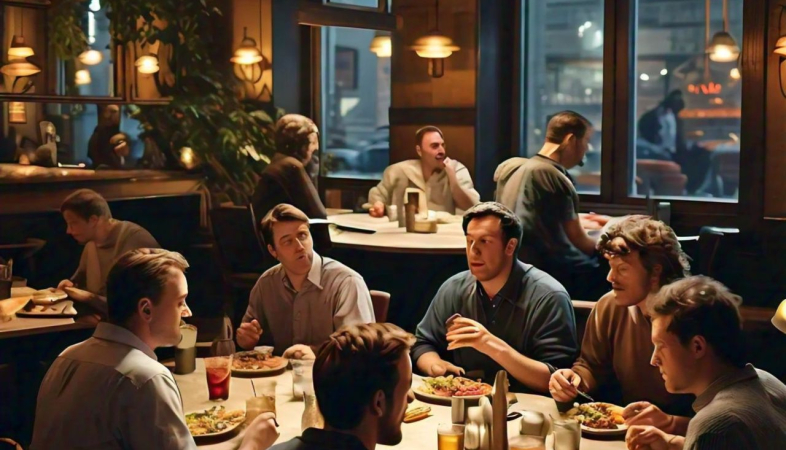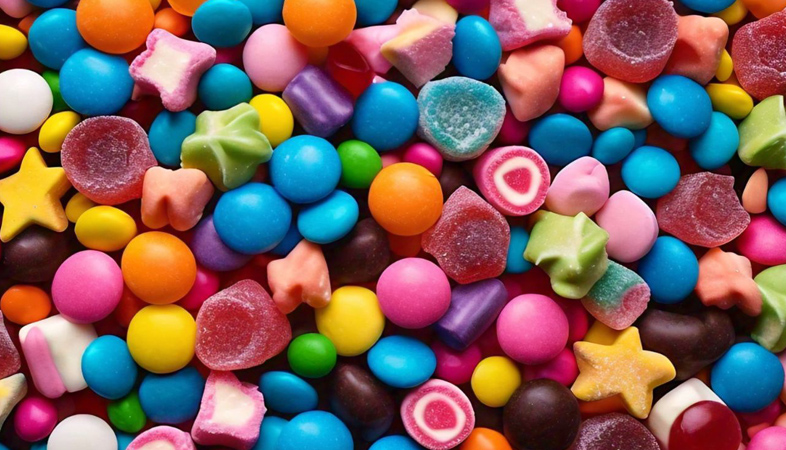AI in Catering: How Smart Menus Are Enhancing Guest Experience
From predictive ordering to tailored meal recommendations, AI is making dining smarter and more enjoyable than ever before.
Artificial intelligence is transforming the hospitality
industry, and catering is no exception. With the rise of smart menus powered by
AI, restaurants, hotels, and event caterers are finding new ways to personalize
dining experiences, streamline operations, and improve customer satisfaction.
From predictive ordering to tailored meal recommendations, AI is making dining
smarter and more enjoyable than ever before.
One of the most exciting advancements in AI-driven catering is personalized menu recommendations. Smart menus analyze customer preferences, dietary restrictions, and past orders to suggest dishes tailored to individual tastes. Whether a guest prefers vegan options, gluten-free meals, or protein-rich dishes, AI can curate a menu that caters to their specific needs. This level of customization enhances the dining experience and ensures guests feel valued.
Beyond personalization, AI-powered menus also help reduce food waste. By analyzing historical ordering data and real-time inventory, AI can predict demand for certain dishes, allowing chefs to prepare just the right amount of food. This prevents overproduction, lowers costs, and supports sustainability initiatives in the catering industry. Some restaurants even use AI to suggest ingredient substitutions in real time, helping kitchens make the most of their available stock.
Smart menus are also making it easier for guests to make informed choices about their meals. AI-driven systems can provide real-time nutritional information, allergen alerts, and even suggest healthier alternatives based on dietary goals. For instance, a guest looking for a low-calorie option can receive AI-powered recommendations that align with their preferences. This transparency builds trust and encourages healthier dining habits.
For large-scale catering operations, such as weddings, conferences, and corporate events, AI streamlines menu planning. Event organizers can input guest demographics, cultural preferences, and dietary needs, and AI will generate an optimized menu that satisfies diverse tastes. Some platforms even offer interactive menus where guests can pre-select their meals, reducing last-minute changes and ensuring smoother service.
AI is also improving the speed and efficiency of food service. Smart menus integrated with automated kitchen systems can communicate real-time orders directly to the kitchen, minimizing wait times and ensuring accuracy. Additionally, AI-driven chatbots and voice assistants are being used in catering services to take orders, answer queries, and provide recommendations, enhancing customer convenience.
In the realm of pricing, AI helps caterers adjust menu prices dynamically based on demand, ingredient availability, and customer behavior. This means that during peak dining hours or high-demand seasons, pricing strategies can be optimized to balance profitability and guest satisfaction. Some AI-driven catering platforms even analyze social media trends and local food preferences to suggest trending dishes that appeal to a specific audience.
As AI technology continues to evolve, the future of catering will be more interactive, efficient, and guest-centric. The integration of AI in smart menus is not just about convenience—it’s about creating memorable dining experiences. Whether through hyper-personalization, waste reduction, or seamless service, AI is reshaping the way we think about food and hospitality. In a world where innovation meets gastronomy, smart menus are setting the stage for the future of catering.
.png)


